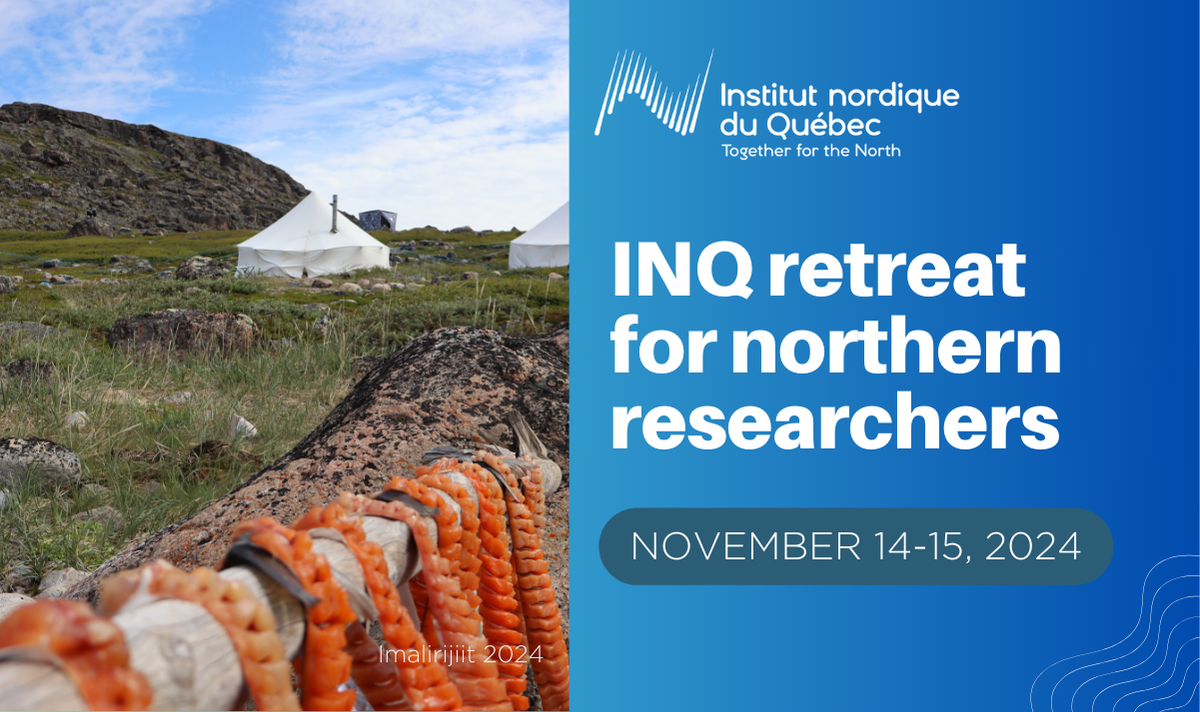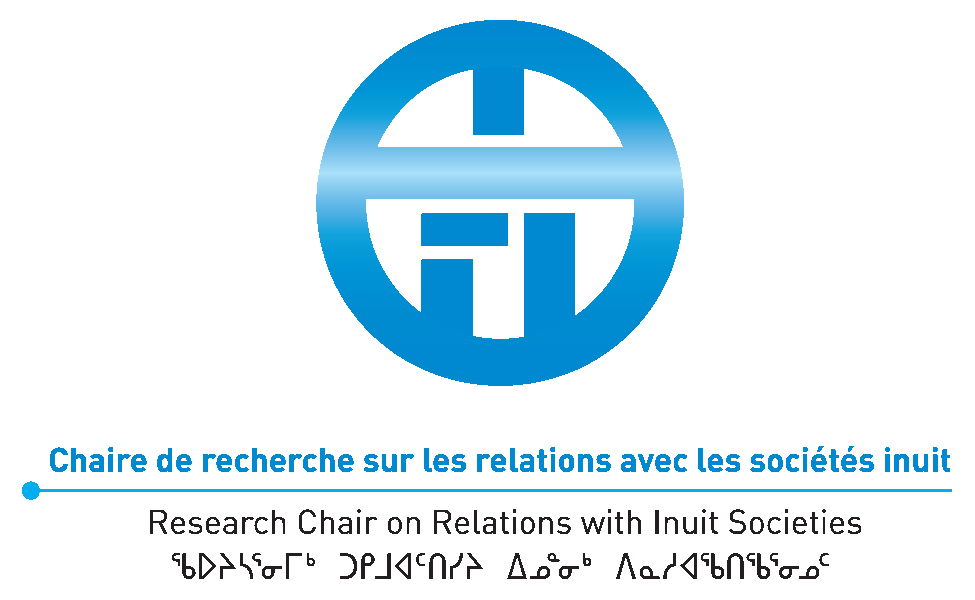INQ retreat for northern researchers | 2024

About the training
The aim of this retreat is to equip participants for their northern research activities, and to offer a privileged networking space in a safe and convivial setting.
- November 14-15, 2024
- Program to be announced at a later date
- Saint-Paulin, domaine Le Baluchon
This training may include content in both French and English, so it's important to be comfortable in both languages to get the most out of it.
The INQ professional community is invited to participate in the Retreat for northern researchers, which will be held November 13-15, 2024 in Saint-Paulin au domaine Le Baluchon (Mauricie).
Target audience
- professors
- research professionals
- postdoctoral fellows
Pricing (This includes accommodation at the Inn on 13 and 14 November, three meals on 13 November and breakfast and lunch on 14 November.)
- Regular registration
$400.00 - Registration of postdoctoral fellows
$250.00
Four principal themes will be addressed
- Indigenous culture and knowledge
- Research-action with the communities
- Knowledge mobilisation and sharing
- Governance, regulation and funding of northern research
Objectives and anticipated outcomes
The objectives of the retreat :
- Provide participants with guidelines for ethical research practice in the north and for establishing links with northern communities;
- Provide a forum for discussion of the essential elements that define northern regions, and to present a vision of the main issues facing northern Quebec (>49o) and the Canadian Arctic;
- Introduce participants to the ecosystem of Quebec's northern expertise, and encourage networking;
- Encourage knowledge transfer and participatory research.
The anticipated outcomes :
- Through lectures and sharing of experiences during the retreat, participants will broaden their knowledge of the North.
- Participants will be given the tools they need to interact with local communities when planning their projects, in order to best meet the needs of the population. To this end, the retreat will focus on sharing of experiences and practical workshops. The presence of members of Indigenous communities in several training modules will provide a more comprehensive understanding of their specific needs and contributions.
- Participants will be able to expand their network of expertise through the presence of researchers from Quebec and other parts of Canada as well as partners from northern communities.
Partners



Back to training

